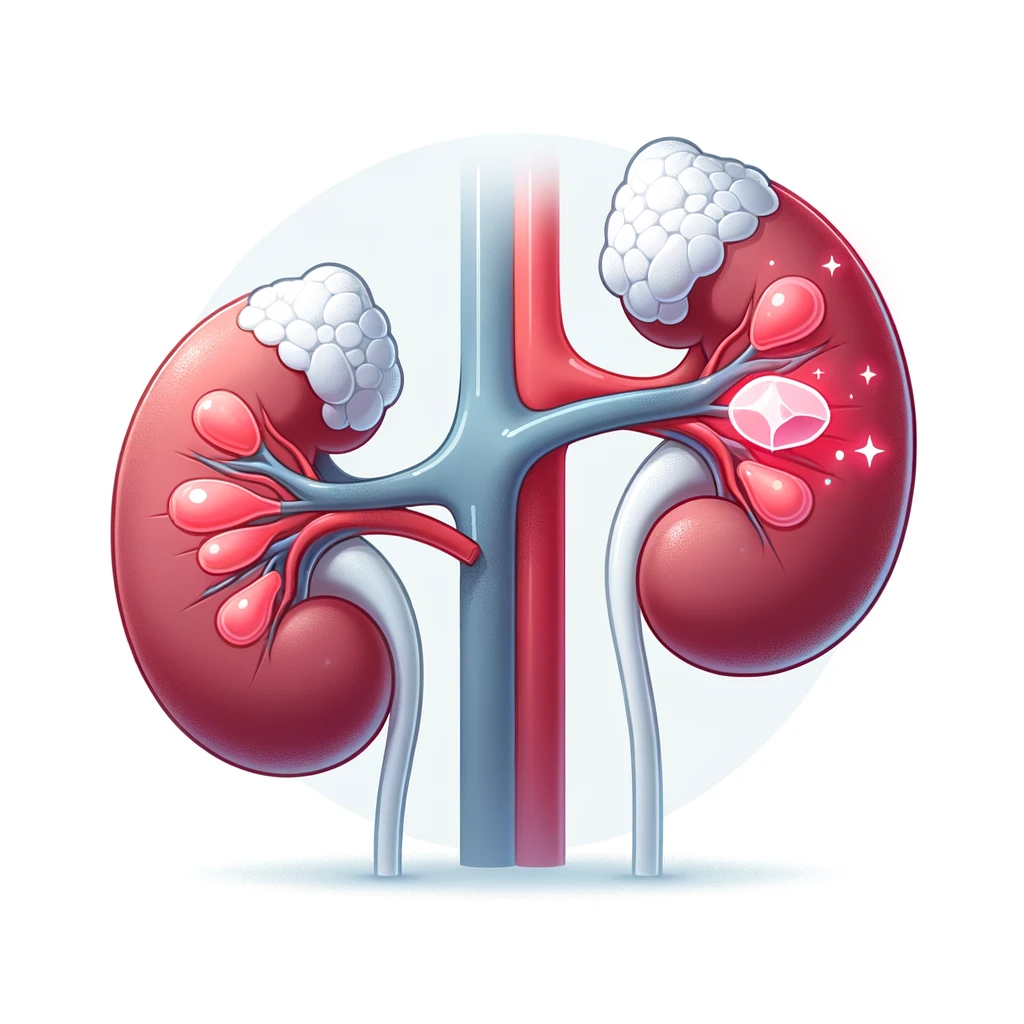1. Causes And Risk Factors Of Kidney Stones?
Kidney stones can develop in everyone, but some people are more predisposed to them than others. Kidney stones are more common in men than in women. Also, the following factors may increase your risk of developing a kidney stone:
Have had kidney stones before.
Have a family member with kidney stones?
Do not drink enough water
Consume a great deal of protein, sodium (salt), or sugar
Have undergone intestinal surgery and are overweight
Affected with polycystic kidney disease
Have a medical condition that causes your urine to include elevated levels of cystine, oxalate, uric acid, or calcium.
Ailment that causes inflammation or injury in the digestive system or the joints.
Use some medications, including diuretics (water pills) and antacids containing calcium.
2. Symptoms Observe During Kidney Stones-
Some common symptoms one observes during kidney stones are:
Ache while urination
Blood in urination
Strong discomfort in the back or lower abdomen
Persistent abdominal discomfort
Nausea or vomiting are symptoms of motion sickness
A fever and shivering
Urine that smells foul or seems hazy
Lithotripsy
The kidney stone is fragmented into little pieces by shock waves in lithotripsy. Following therapy, the kidney stone fragments will travel through your urinary tract and into your urine. This treatment may be administered under general anesthesia, which will leave you unconscious and won’t let you feel the procedure.
Ureteroscopy
During a ureteroscopy, a doctor inserts a long tube-like instrument into your ureter to remove the stone (if it is little) or break the stone into small pieces (with a laser if it is large) so that it can travel through your urinary tract and be expelled through your urine.
Surgery
Rarely, surgical removal of a kidney stone is required. A doctor will inject a tube into your kidney during surgery in order to remove the stone. Recovery from this procedure will require two to three days in the hospital.
How Can I Tell If I Have A Kidney Stone?
Blood tests to determine whether calcium or uric acid levels are excessive.
Urine tests that reveal the types of wastes in the urine. Your doctor may ask you to collect urine over two days for this test.
Imaging techniques, such as an ultrasound, CT scan, or X-ray, are utilized to detect kidney stones in the urinary tract.
Prevention Form Kidney Stones-
Below tips one must follow to prevent themselves from kidney stones:
Every day, consume sufficient fluids. Eight to twelve glasses of liquids daily is sufficient for the majority of people. Ask your doctor how much liquids you should consume each day if you have kidney disease and need to limit fluids.
Reduce your intake of sodium (salt) and animal proteins like meat and eggs. If your doctor can determine the composition of your kidney stone, he or she may prescribe a special diet to prevent future kidney stones.
Take all of your prescribed medications as directed by your doctor to treat conditions that may increase your risk of kidney stones.
